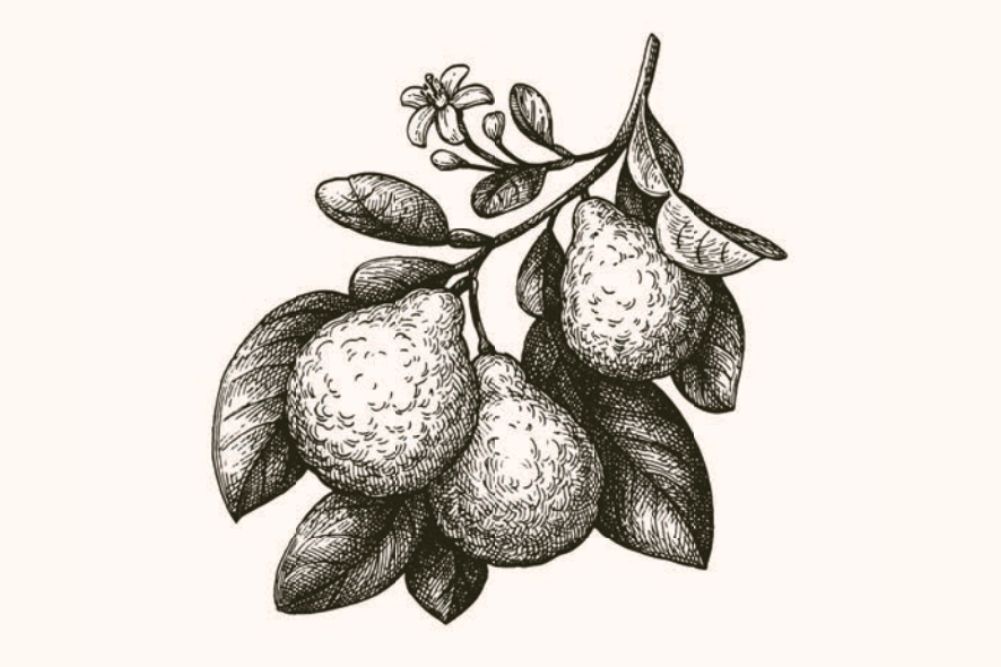The healing properties of acai berries
Acai (pronounced ah-sigh-EE) berries come from the acai palm tree (Euterpe oleracea), which has been cultivated for its fruit. Its name comes from Portuguese, meaning “fruit that cries (expels) water”.
Acai is native to Brazil, Trinidad and (northern) South American countries, growing in the lowland swamps and flood plains. In the Brazilian Amazon, acai fruit makes up to 42 per cent of the locals’ total diet (by weight). In the Amazon, acai is eaten along with cassava and fish as a dietary staple.
The edible fruit (with a large seed) is a small black-purple drupe, similar to a grape, that grows in groups of 500–900 fruits. The fruit are processed to remove the seed then the pulp is frozen or dehydrated and powdered for sale.
Nutrition
100mg of dried acai powder contains about 8g of protein (high aspartic and glutamic acids), 52g carbohydrates (44g dietary fibre) and 32g total fat, with about 2220kJ. The fat component is 56 per cent oleic acid, 24 per cent palmitic acid, 12 per cent linoleic acid and phytosterols. Calcium is high at 260mg, as is iron at 4.5mg and vitamin A 1000iu. It also has reasonable levels of magnesium, zinc and copper. Manganese is surprisingly high — 300mg of acai gives the recommended daily intake for an adult.
Acai contains reasonable levels of antioxidant polyphenols, higher than orange juice and tea. It also contains anti-inflammatory anthocyanidins and flavonoids.
Therapeutic uses
Antioxidant
A nutritional intervention study was conducted in healthy women given 200g/day of acai pulp for four weeks, and biomarkers of protein oxidation were measured. The results were positive with the reduction of reactive oxygen species, along with total antioxidant capacity being increased.
Liver function
Acai berries have been shown to improve liver function in rats, reducing the liver enzymes ALT and AST, and the inflammatory TNF-α and IL-6 cytokines. Glutathione peroxidase increased, showing a protective effect on alcohol-induced liver injury.
Cardiovascular
Acai studies show a reduction in cardiovascular risk due to its vasodilating action (lowering high blood pressure) and its antioxidant effects. It also lowers blood cholesterol and reduces lipid peroxidation.
Metabolic syndrome
Acai normalises metabolic syndrome parameters in overweight subjects, reducing fasting glucose and insulin levels, reducing the post-prandial increase in plasma glucose and lowering the LDL fraction of cholesterol, after 30 days treatment. This is assumed to be due to its antioxidant and anti-inflammatory activity.
Neurological
Substantial animal research has demonstrated the neuroprotective effect of acai berries on brain function, reducing both inflammation and oxidation in neurological cells.
Acai confers protective effects on the central nervous system. In vitro studies showed a reduction in reactive oxygen species and lipid peroxidation and an improvement in mitochondrial function in neurological tissue, suggesting a use for bipolar disorder and possible Alzheimer’s disease protection.
Age-related diseases of the brain are directly linked with increases in oxidation and inflammation, and associated with decreasing memory, learning and movement. With its high polyphenolic content, acai berry pulp was tested for its protective effect on mouse brains. Several papers have shown a concentration-dependent reduction in the inflammatory cytokines (COX-2, NFкB, TNFα) as well as a reduction in oxidation, conferring a protective effect on microglial cells. This has implications for improved cognitive and motor functions in older people. Further clinical research needs to be done in this area.
Immune & respiratory
Acai has been shown to have selected anti-microbial effects and to stimulate innate immune responses, showing promise for the treatment of asthma and infectious disease. Acai protects lungs from damage caused by cigarette smoke. Adding it to cigarettes appears to protect mouse lungs against emphysema.
Cancer
While the research has been mainly in rats, the antioxidant and anti-inflammatory polyphenols have shown a reduction in various cancers, including colon cancer, leukemia, breast cancer and brain (glioma) tumours.
Renal
Acute renal failure is a common problem in critically ill patients. A rat study demonstrated that a high dose of acai berry extract (200mg/kg per day over 7 days) reported a significant improvement in kidney function tests, due to its antioxidant properties.
Pain reduction
The daily consumption of 120mL of a fruit and berry (including acai berries) drink for 12 weeks, showed an improvement in pain reduction, range of motion and quality of life of 14 people suffering with osteoarthritis. Serum antioxidant status also increased.
Skin
Acai berries showed promise as a dietary intervention in the prevention of age-related skin cancer, including topical use. The water extracts have shown potent oral mucosa and wound-healing effects.
Other uses
Leaves of the acai palm are made into hats, mats, baskets, brooms and roof thatch for homes, and the trunk wood is used for buildings as it’s resistant to many pests. The seeds are ground for food for animals and used as compost.
Acai berry powder has multiple health benefits, mainly through its antioxidant and anti-inflammatory properties. It has positive activity as an antioxidant, vasodilator and antihypertensive. It confers neuroprotection, cardiac protection and renal protection, lowers blood lipids, reduces obesity and is antidiabetic. It also has many uses as a topical product, and using it in various creams can also generate healing.








